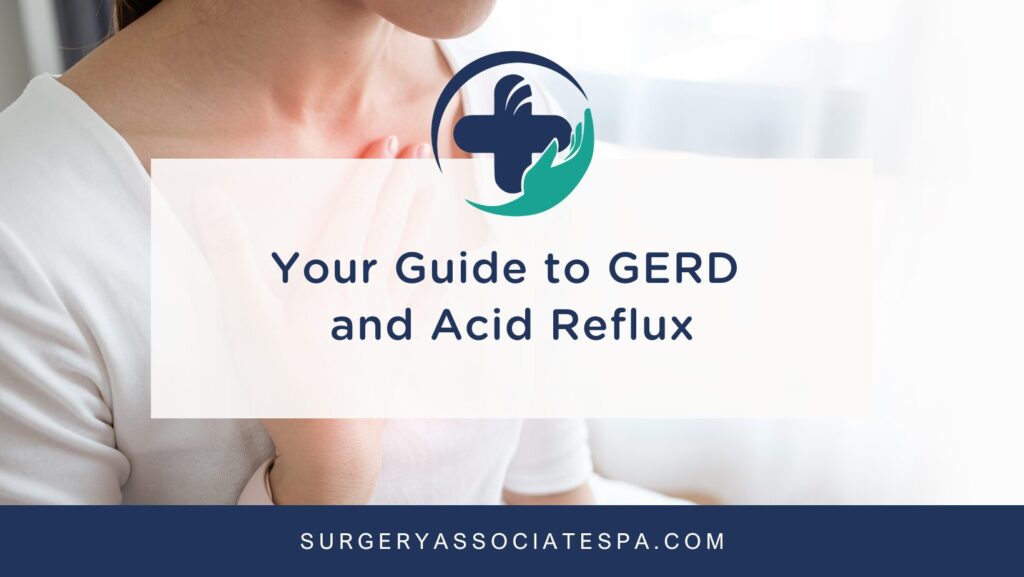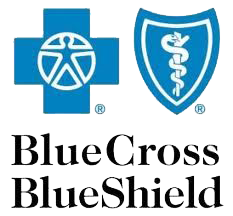
Gastroesophageal reflux disease, often referred to as GERD, is a condition in which stomach acid repeatedly flows back into your esophagus. This backwash of stomach acid is acid reflux, which can irritate the esophagus. While many people will experience acid reflux from time to time, the consistent irritation of the esophagus can cause GERD. Today, we are providing an overview of the symptoms, triggers, and risk factors associated with GERD as well as methods of diagnosis and treatment for GERD.
What are the symptoms of GERD?
According to Mayo Clinic, common symptoms of GERD include:
-
Heartburn, a burning sensation in the chest which usually occurs after eating
-
Backwash of food or sour liquid in the throat
-
Dysphagia, or trouble swallowing
-
Upper belly discomfort, chest pain, or the sensation of a lump in the throat
What can trigger GERD?
For different individuals, GERD can present itself in different ways. Understanding your triggers, which can be different from someone else’s, can help you manage your symptoms. GERD triggers can be broken down into what you eat, how much you eat, and when you eat.
-
What you eat:
-
Foods that increase the acidity of your stomach can exacerbate GERD symptoms. Foods that take a long time to digest increase your stomach’s acid production.
-
Likewise, foods that relax the esophageal sphincter, a valve between the stomach and esophagus that keeps stomach contents in place, can make acid reflux more likely.
-
-
How much you eat:
-
Large meals, especially those eaten in the evening, can trigger acid reflux and worsen GERD symptoms. A large meal can be harder for your stomach to digest, and the longer food sits in your stomach, the more likely acid reflux is to occur.
-
-
When you eat:
-
Eating before bed is a common GERD trigger. Timing your meals correctly and eating your final meal 2-3 hours before bedtime can help mitigate GERD symptoms.
-
What are the causes and risk factors for GERD?
There are several factors that can increase the risk of developing GERD:
-
Weight gain or being overweight
-
A family history of GERD
-
Hiatal hernia
-
Smoking or inhaling secondhand smoke
-
Eating fatty foods or drinking alcohol, coffee, or carbonated beverages
How do you diagnose GERD?
Typically, your doctor can diagnose GERD based on your symptoms. GERD is not always a dangerous health concern, but it can lead to the development of more serious health concerns. Your doctor will assess your risk factors for GERD and your symptoms and help you develop a plan of treatment.
How do you treat GERD?
Lifestyle modifications, certain medications, and a combination of these can be useful in treating GERD. Changes in your diet, weight loss, and other lifestyle changes can help lessen your symptoms. Your doctor may also prescribe certain medications to reduce acid levels in your stomach. If symptoms persist, your doctor may recommend surgery.
If you have immediate health concerns, please reach out to your primary care physician. If you are concerned about GERD-related symptoms or think you might be at risk, contact us today to see how we can help you. Please reach out at (662) 844-5344. Our team is dedicated to providing the best level of care possible.










